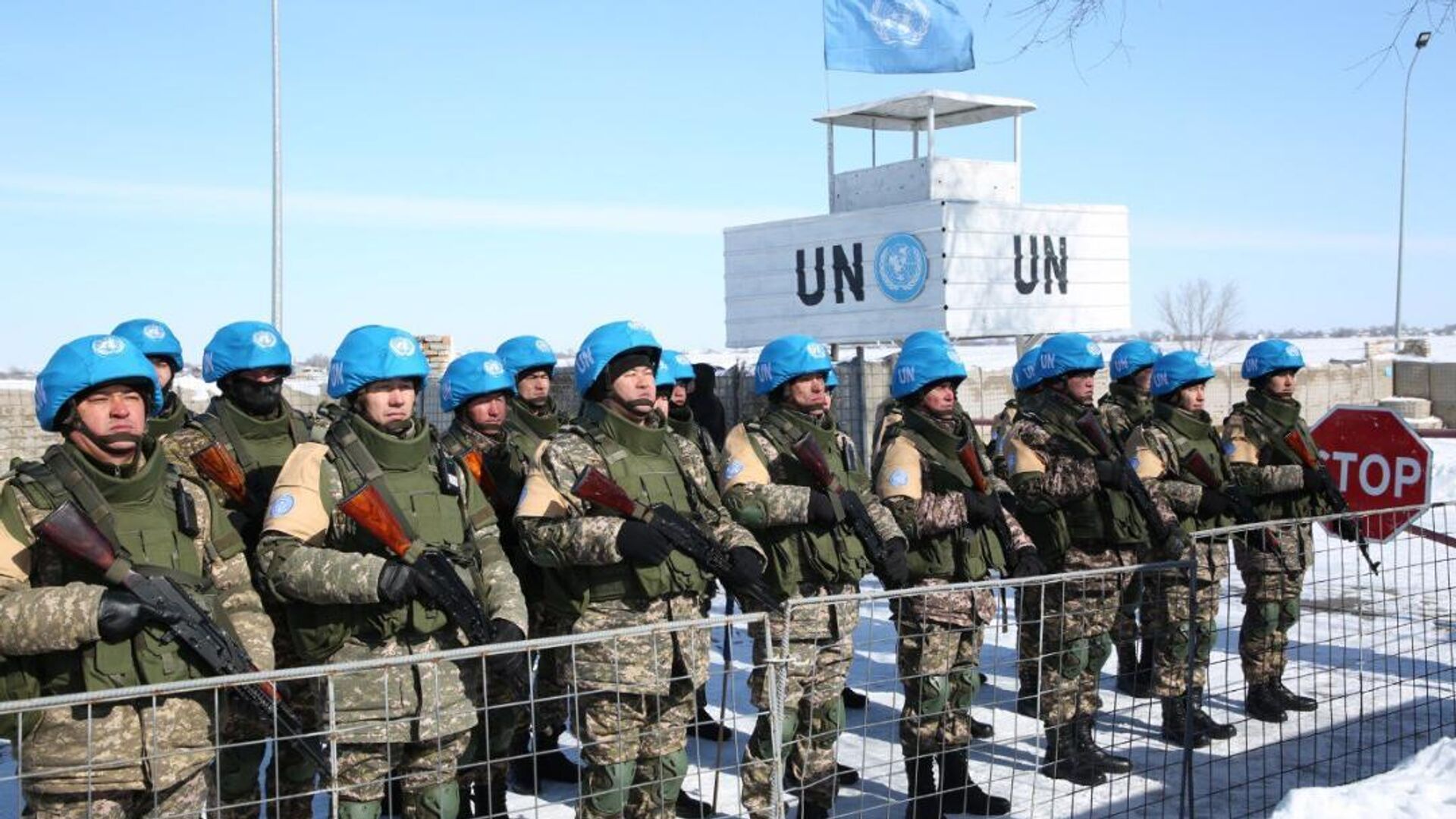Assad's Departure, Closure of the Houthi Embassy, and New Questions About Syria
After Bashar al-Assad fled Syria, the Houthis revealed that their embassy in Damascus had been closed since 2023 as part of Syria's rapprochement with Saudi Arabia. Meanwhile, an Israeli airstrike destroyed a Syrian archive, raising questions about possible cooperation between Assad and Israel and Iran’s future role in the "new Syria."

Closure of the Houthi Embassy

Deputy head of the press service for Ansar Allah, Nasr al-Din Amer, confirmed that the Houthi embassy in Damascus no longer exists.
In October 2023, Bashar al-Assad shut down the embassy as part of agreements with Saudi Arabia. By that time, Syria had restored its membership in the Arab League (AL) and was normalizing relations with several Arab states, including Saudi Arabia.
The embassy staff was abruptly replaced with representatives of Yemen's Saudi-backed government-in-exile. This transition occurred without prior notice.
Assad's Refusal to Target Israel
Reports suggest that Assad was offered the chance to initiate strikes on Israel from Syrian territory, but he declined. This aligns with Assad's cautious approach to relations with Israel, even as Syria positioned itself as part of the "Axis of Resistance."
Bombing of Security Headquarters and Archive Destruction
One of the key targets of recent Israeli airstrikes was the General Security Directorate’s headquarters, where sensitive documents were stored. The destruction of the archive raises several questions:
- Why did Israel destroy the documents instead of exposing incriminating evidence against Assad's regime?
- Could the information have posed a threat to Israel if it had fallen into other hands?
This action fuels speculation about covert ties between Assad and Israel.
Assad and Israel: Cooperation or Strategy?
Despite Syria’s role in the Axis of Resistance, Assad avoided direct confrontations with Israel or harsh rhetoric. Analysts believe his policies were more grounded in geopolitical pragmatism than ideological commitment.
Iran’s Future Role in Syria
With Assad’s departure, Iran's influence in Syria faces uncertainty. The question of Syria's future as part of the Axis of Resistance remains unresolved:
- Could the resistance movement be restructured?
- Might Syria become a new hub for Iranian-backed activities?
While these scenarios seem unlikely for now, the shifting political landscape opens the door to new possibilities.



:focal(0.49:0.37):format(webp)/YXJ0aWNsZXMvaW1hZ2UvMjAyNS80LzIwMjIxMjAzLWdhZi11NTUtNzkwLmpwZw.webp?w=1920)




















